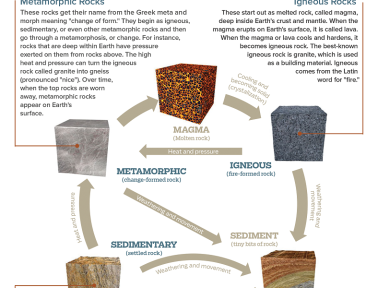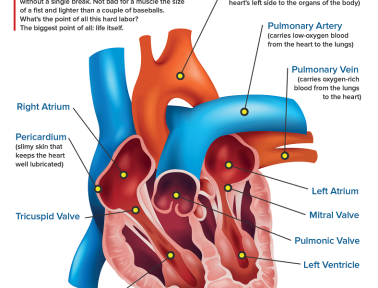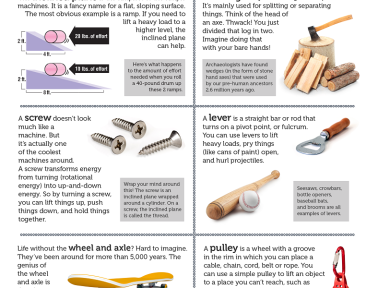A friend of mine recently told me his sister was extremely worried about her son’s behavior. He was bouncing off the walls, getting into mischief, and extremely stubborn. After some time stewing over her predicament, her mother gave her a call.
“I think I know what’s causing all these problems.”
“Really! What?”
“He’s three.”
It is important to remember that many challenging child behaviors, while not socially appropriate, are in fact age-appropriate. Toddlers bite, three year-olds are often stubbornly independent, and preK’s are notoriously fascinated by “potty talk”. So what are we to do with these challenging phases of childhood?
Step One: Recognize the Driving Force
It’s important to examine what’s going on and recognize what developmental aspect may be fueling the behavior. Many children “go through a phase” when they are learning a new skill (or are about to). The phase is a driving force that causes the child to make sense of a new situation, adapt in a new way, or try on a new skill.
- Toddlers often bite because of a lack of verbal abilities (it’s easier for them to bite than to say “I’m angry”). They may also be teething and/or seeking oral stimulation, either of which could drive them to biting.
- A three year-old’s drive for independence is what fuels so much of their learning and growth. If they weren’t wired to try to do everything themselves, when would they develop the physical skills to dress themselves or climb into their carseats?
- PreK’s often engage in potty talk as they become independent and personally responsible for those bathroom duties, and as their social development drives them toward more attention-seeking behavior. (More on Putting a Stop to the Potty Talk.)
Step Two: Teach and Redirect
While phases may be driven by normal development, and may even naturally extinguish themselves, what was once merely a phase can quickly become habit if it’s being reinforced or too frequently ignored. It is important to teach children how to appropriately deal with whatever their specific challenge may be.
- Toddlers can be supported in developing verbal skills as you label and validate their emotions, and can get necessary stimulation from crunchy foods and teethers.
- Three year-olds can be scaffolded for tasks beyond their abilities (break down the task into smaller pieces, “You do____ and then I’ll help with____,”). Simply planning ahead and allowing more time for them to complete new tasks can also soothe frustrations.
- PreKs can be redirected to appropriate attention-getters like knock-knock jokes and tongue-twisters (find some here).
Going through a phase isn’t a blank check for bad behavior, but it also isn’t a tell-tale sign of a life of deviance. Think of a phase as a indication of developmental readiness. It shows that a child is ready to learn a new skill, be that social, physical, or emotional. Support the children you love and teach through the developmental process, directing and guiding as they wend their way through the work of childhood.
Top photo by Andrew C.
<!–
–>










